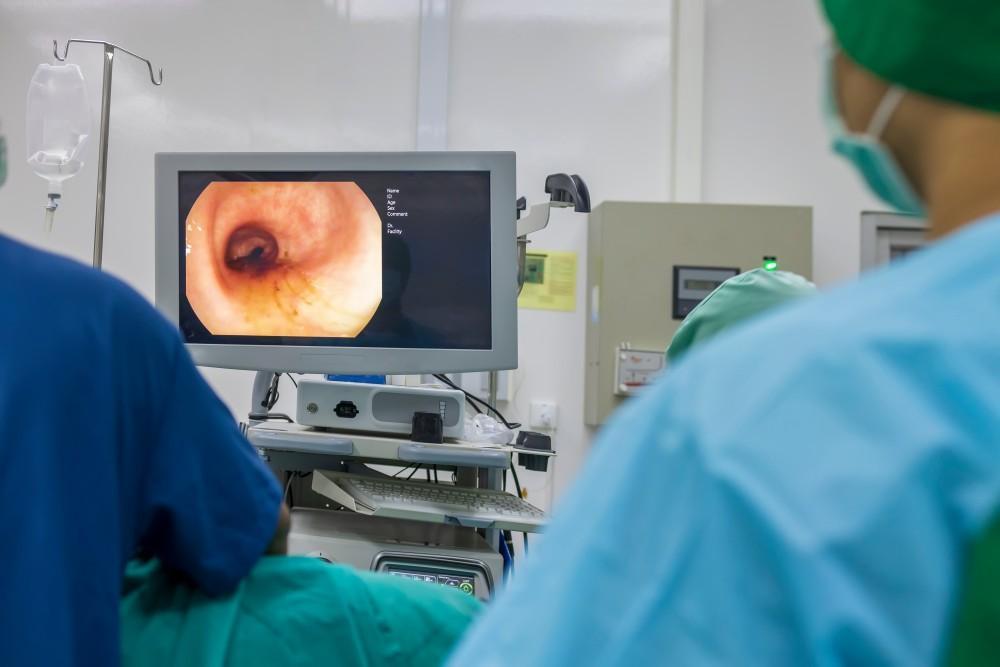
What Is Fecal Incontinence?

Fecal incontinence is an embarrassing and inconvenient condition that affects about 1 in 3 women, children, and men who see primary care providers in the United States. If you have fecal incontinence, you accidentally leak small or large amounts of feces when you pass gas, or you lose control of your bowels before you reach a restroom.
At Colon and Rectal Surgeons of Greater Hartford, our team of colorectal experts helps you manage or resolve fecal incontinence. We thoroughly diagnose all the factors involved in your fecal incontinence and then devise a customized treatment plan to help you manage or resolve it.
Why you can’t control your bowels
Fecal incontinence may be a temporary condition, due to an illness or injury, or it could be a chronic problem. You’re more likely to develop fecal incontinence as you age. In addition to leaking stool (i.e., feces), you might also leak mucus or liquid stools.
Even though defecating is a natural process, it’s a complex one. If you have fecal incontinence, any part of the “machinery” that allows you to defecate at will may be damaged or dysfunctional, including your:
- Pelvic floor muscles
- Sphincter muscles
- Nerves
- Rectal capacity
Common life events or conditions that can damage the muscles and nerves that control your bowels include:
- Vaginal childbirth
- Aging
- Anal surgery
- Excessive straining
- Crohn’s disease
- Diabetes
- Radiation treatment
- Hemorrhoids
- Diarrhea
- Rectal prolapse
- Rectocele
People with advanced dementia often develop fecal incontinence as a complication. If you’re physically disabled, you may find it difficult to reach a bathroom in time when you need it.
How to regain control
Some bouts of fecal incontinence may be due to lifestyle factors, such as your diet and level of activity. Even smoking cigarettes raises your risk for fecal incontinence, because cigarette smoking robs your muscles, nerves, and all of the tissues in your body of oxygen and nutrients.
When you come to us for help with fecal incontinence, we perform an in-depth examination that evaluates all the factors that may be involved in your condition. We also take a detailed medical, family, and personal history to determine if lifestyle changes could benefit you.
Depending on your particular case, we may recommend changes to your diet and routine, such as:
- Eating more fiber-rich fresh fruits and vegetables
- Quitting smoking or tobacco use
- Increasing exercise
- Drinking more water
- Avoiding straining when defecating
- Doing Kegel exercises (strengthens pelvic floor)
- Avoiding dairy and spicy foods
During your workup, we may also identify specific issues that require treatment with medications or surgery.
Treatments for fecal incontinence
The results of the extensive tests we do during your exam give us the answers we need to tailor a treatment plan for your individual case. Some recommendations may include:
- Antidiarrheal drugs
- Bulk laxatives
- Kegel exercises
- Sacral nerve stimulation with Axonics SNM System™
- Injections to tighten your anus
- Vaginal balloon
- Radiofrequency therapy
- Sphincteroplasty
- Colostomy
- Other surgeries
You deserve to move your bowels when you want and how you want. Untreated fecal incontinence causes emotional distress and may lead to complications such as anal skin irritation, social isolation, and anger or depression.
Find out why you can’t hold your stool and how you can regain control of your bowels again by calling us today at 860-242-8591. You can also book online at the office nearest you. Choose from our Bloomfield, South Windsor, Enfield, and Plainville, Connecticut, locations.
You Might Also Enjoy...


What Happens When an Abscess Is Left Untreated?

Bathroom Habits That Actually Damage Your Colon Health

Why You Might Need an Anal Pap Smear — Plus, How to Prepare

How a Colonoscopy Can Save Your Life


